Summary
- Character customization in video games mirrors tabletop RPGs with gender, class, stats, and skills.
- Turn-based combat systems in games like XCOM follow the strategic turn-based approach from tabletop RPGs.
- RPG-inspired progression mechanics in games like Fallout 4 and Diablo are akin to leveling and skill progression in tabletop RPGs.
Tabletop RPGs have left an indelible mark on the gaming world, serving as the blueprint for many mechanics and features now commonplace in video games. From the intricate character customization rooted in paper sheets, to the strategic depth of turn-based combat, the influence of tabletop RPGs is evident across genres and titles.
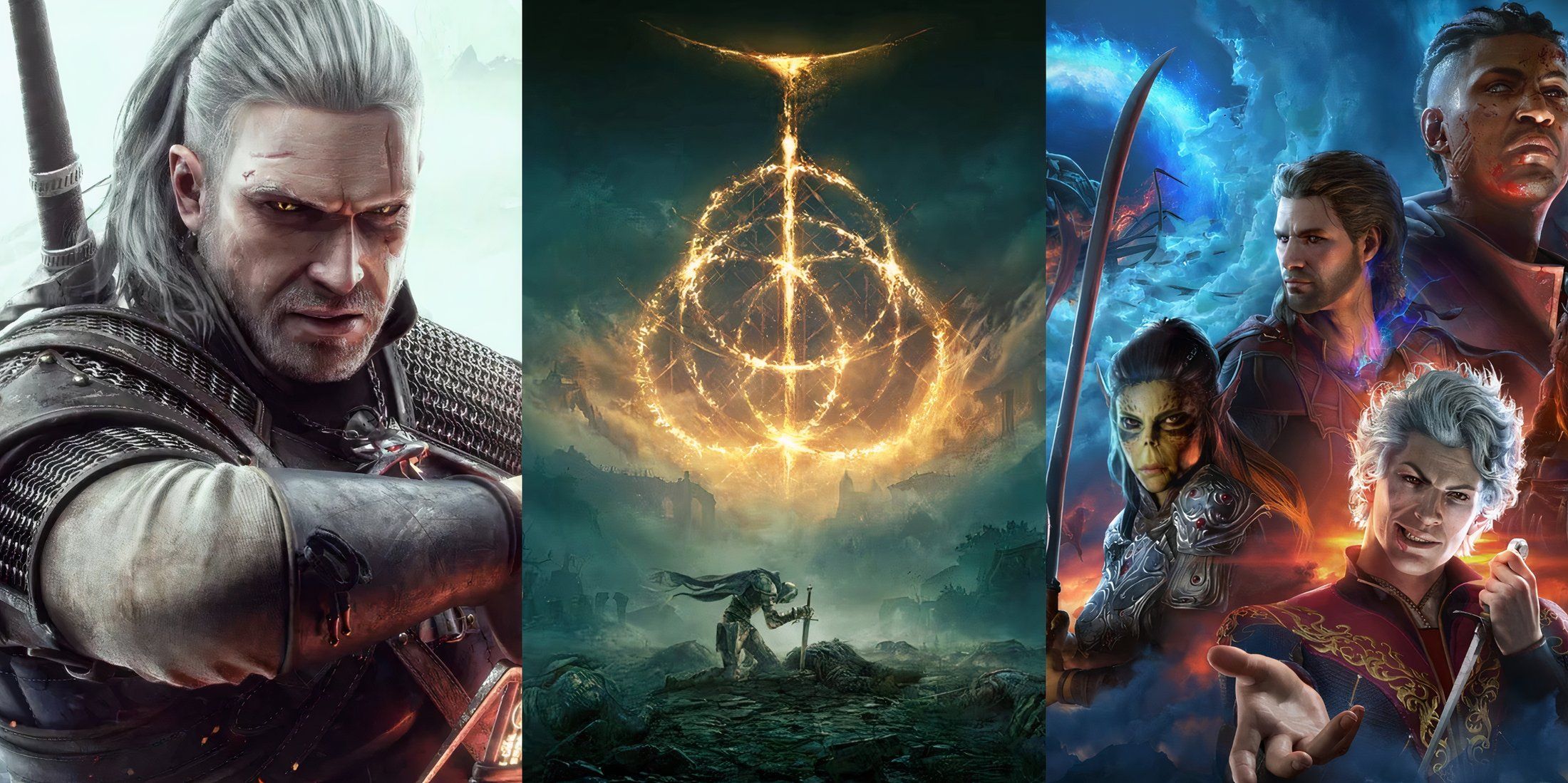
Related
10 RPGs With The Best Respec Systems
These epic RPGs have the best respec systems for finding your perfect character build.
Concepts such as leveling, skill progression, and dungeon crawling have seamlessly transitioned from tabletop sessions to digital adventures. Additionally, the elements of player agency, party-based gameplay, and replayability have further bridged these two worlds. Without tabletop RPGs, many of the tried and tested game mechanics we enjoy in video games might never have evolved.
7
Character Customization
Related Back To Paper Character Sheets
- Players create character sheets, selecting traits, classes, and abilities.
- Video games can mirror this with options for gender, class, stats, and skills.
- Examples include Baldur’s Gate and Skyrim’s detailed character customization systems.
Most tabletop RPGs use some form of character sheet to keep track of the progression of a character as a campaign progresses. This sheet is initially created by a player at the start of a campaign. Following the rules of the roleplaying system used, the player selects a class and defines their traits.
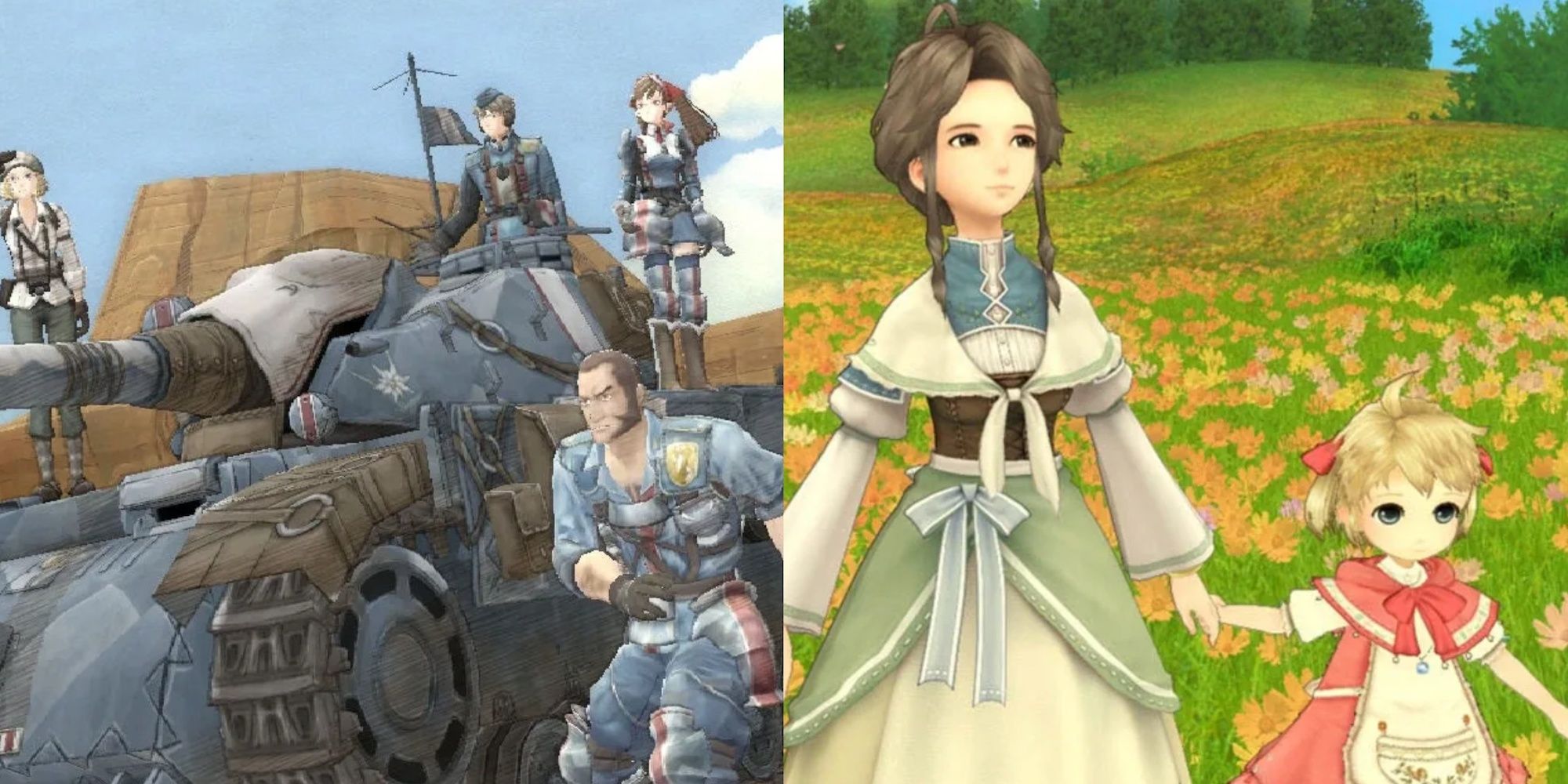
Related
7 Best JRPGs That Reinvented The Fantasy Genre
The following JRPGs were ahead of their time and kickstarted major changes to the fantasy genre.
This kind of character customization is common to a great many video games. Enabling players to tailor their character at the start of the game. Often, this involves selecting a gender, class, stats, and key skills. Games such as Baldur’s Gate and Skyrim feature this kind of character customization, for example.
6
Turn-Based Combat
Calculating Each Attack And Defense
- Players choose actions and resolve outcomes using a rulebook in tabletop RPGs.
- Video games adopt turn-based systems for strategic combat scenarios.
- Titles like XCOM integrate this approach with tactical depth.
Almost every tabletop RPG system uses a turn-based combat system. At the start of each combat turn, the player decides on their actions, and then the rulebook is used to resolve the conflict. This means calculating whether the player hits a target, how much damage is done, etc. And, of course, the same is done for enemies, to see if the player takes any damage.
Many video games across multiple genres use turn-based combat. A good example of this is the XCOM games. The player makes strategic choices, but once the player enters a combat or mission scenario, the game switches to a turn-based approach.
5
Leveling And Skill Progression
Letting The Player Grow And Evolve
- Players earn experience points to level up and unlock new traits.
- Video games replicate this with systems allowing growth and evolving skills.
- Fallout 4 and Diablo exemplify RPG-inspired progression mechanics.
Tabletop roleplaying systems usually have reams of rules about how a player receives experience points, when and how they can level up, and what skills they have access to at each level. Furthermore, in some systems, a character is given specific traits at specific levels.
This type of progression has been used in many roleplaying games, in a whole host of different genres and game styles. For example, Fallout 4 is an open-world shooter that uses a similar progression system. Diablo is another example, a fairly simple dungeon crawler but with RPG-inspired progression.
4
Dungeon Crawling
Short Episodic Challenges
- Tabletop sessions can involve episodic challenges on detailed maps.
- Video games utilize dungeon crawling for missions or entire gameplay styles.
- Examples include Dungeon Keeper and Diablo.
Tabletop campaigns often involve a long-term story, with short, play-session-length encounters on detailed maps. This has come to be known as a dungeon crawl, even if the setting is not actually a dungeon.
This concept has been grafted into video games in many different ways. Some games are full-on dungeon crawlers, with the entire gameplay taking place on pre-built maps. Others use the dungeon crawler idea for mission scenarios, and some, such as Dungeon Keeper, switch the tables entirely, with the player managing the dungeon.
3
Player Agency
Choices Are Impactful
- Tabletop RPGs allow unrestricted actions with impactful consequences.
- Video games implement limited but significant choice systems.
- Mass Effect uses dialogue options to shape the narrative and gameplay.
One of the greatest attractions of playing tabletop RPGs, is that there are really very few actions a player cannot take. Depending on how capable the dungeon master is, the sky is the limit. But of course, every action the player takes is likely to have consequences later on.
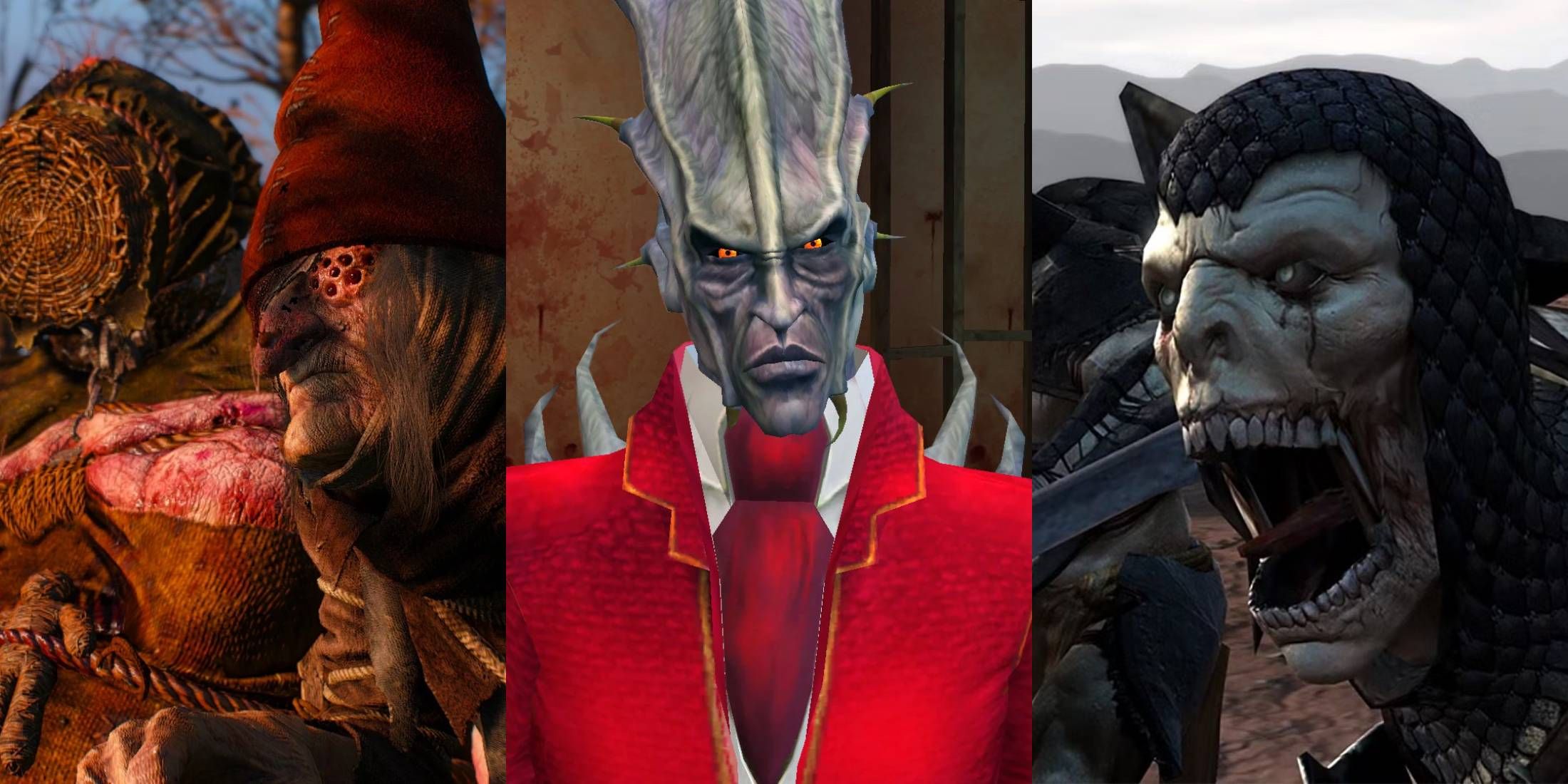
Related
RPGs With The Most Gruesome Monster Lore
These RPGs have detailed lore regarding the enemies that players must face — and it makes them even more terrifying.
Video games have adopted a similar, although less flexible, approach to player decisions. When the player faces a choice, for example, their choice will impact the game from then on. Other games, such as Mass Effect, use dialogue choices and responses to impact emerging gameplay.
Putting The Right Team Together
- Tabletop players build diverse teams to complement their group dynamics.
- Video games feature party systems with recruitable, computer-controlled allies.
- Star Wars Knights of the Old Republic highlights what a good party-based system can be.
In general, tabletop RPGs are played by a group of people, with one person being the dungeon master, who controls the entire game. Usually, before starting a campaign, the players will talk about the types of characters they want to play, and make sure their team is properly fleshed out.
There have been some great party-based video games, where the player needs to recruit and manage a team of allies that are under computer control. A great example here is Star Wars Knights Of The Old Republic, which has an exceptional party system.
2
Replayability
Never The Same Twice
- Tabletop campaigns deliver unique outcomes through emergent gameplay.
- Video games emulate this with sandbox maps and variable approaches.
- Open-world titles allow diverse playthroughs for endless possibilities.
Due to the unique nature of tabletop RPG campaigns, no two games are the same. A campaign might rely on the same ruleset, and even be based in the same game world, but emergent gameplay means that things are kept fresh, and that it is highly unlikely that the same even plays out the same way twice.
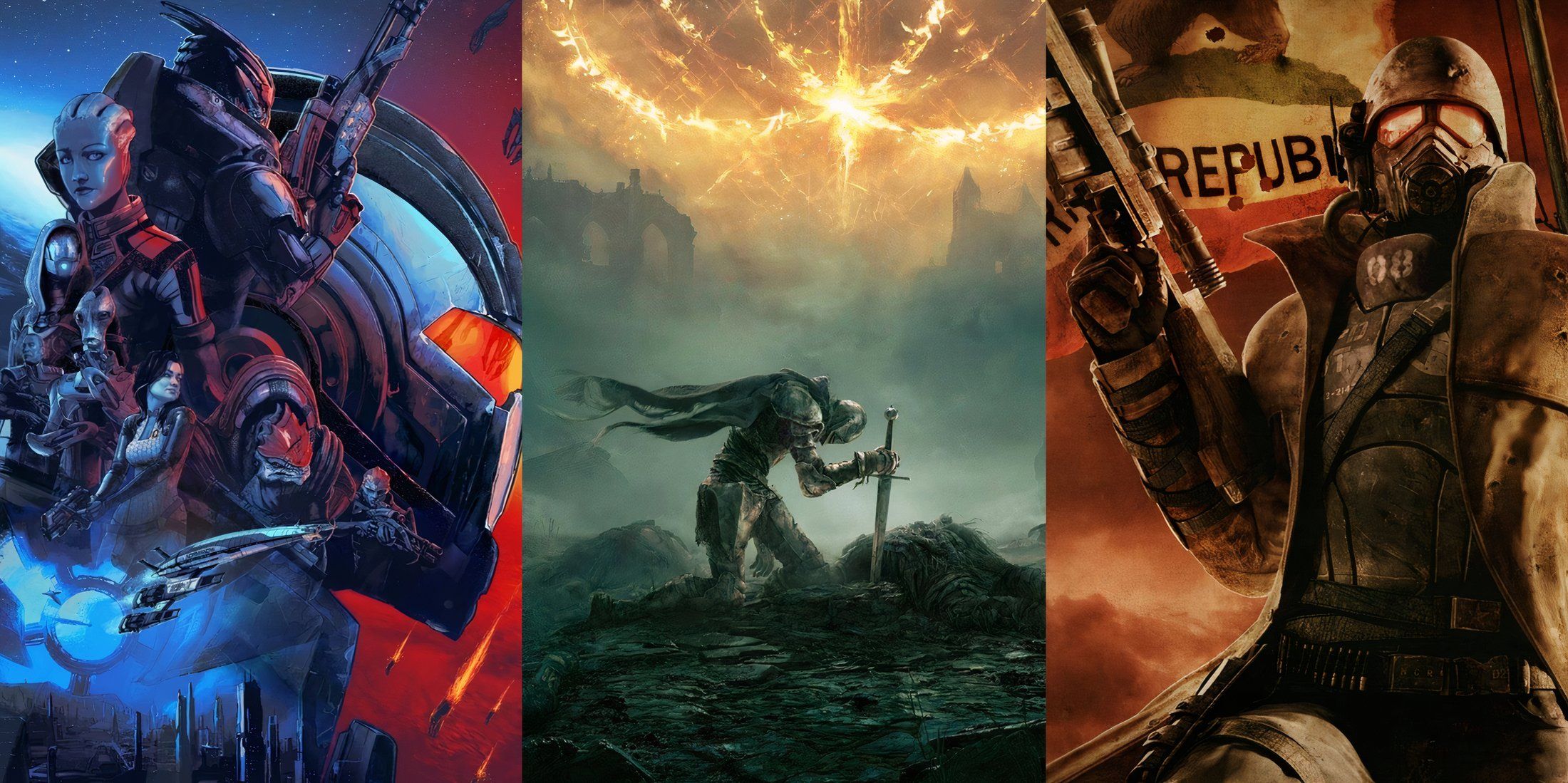
Related
10 Best Action RPGs With Evil Routes, Ranked
Traditionally, games encourage players to be the hero, but these action RPGs let gamers unleash their inner villains.
Replayability in some video games borrows from their tabletop counterparts, by providing a sandbox-style open-world map. Players can approach the same tasks and challenges in multiple different ways, and no two playthroughs will ever be identical.
1
Skill Checks and Dice Rolls
Video Games Use Algorithms And RNG
- Success in tabletop games often hinges on dice rolls weighted by stats.
- Video games replace dice with random number generators and algorithms.
- Neverwinter Nights transparently integrated the Dungeons & Dragons ruleset.
Almost all tabletop RPG systems use dice rolls or some other random seed to decide whether an action is successful, and how successful it is. For example, the player might roll a die to see if they hit an enemy. The result is weighted by the player’s skills and stats, and those of the enemy.
Video games use the exact same system in many cases, although the dice are replaced by a random number generator, and the ruleset is replaced by an algorithm. Some games are more transparent about this than others. For example, Neverwinter Nights was based on the Dungeons & Dragons ruleset, and the algorithms were based on this system, and clearly explained in the manual.
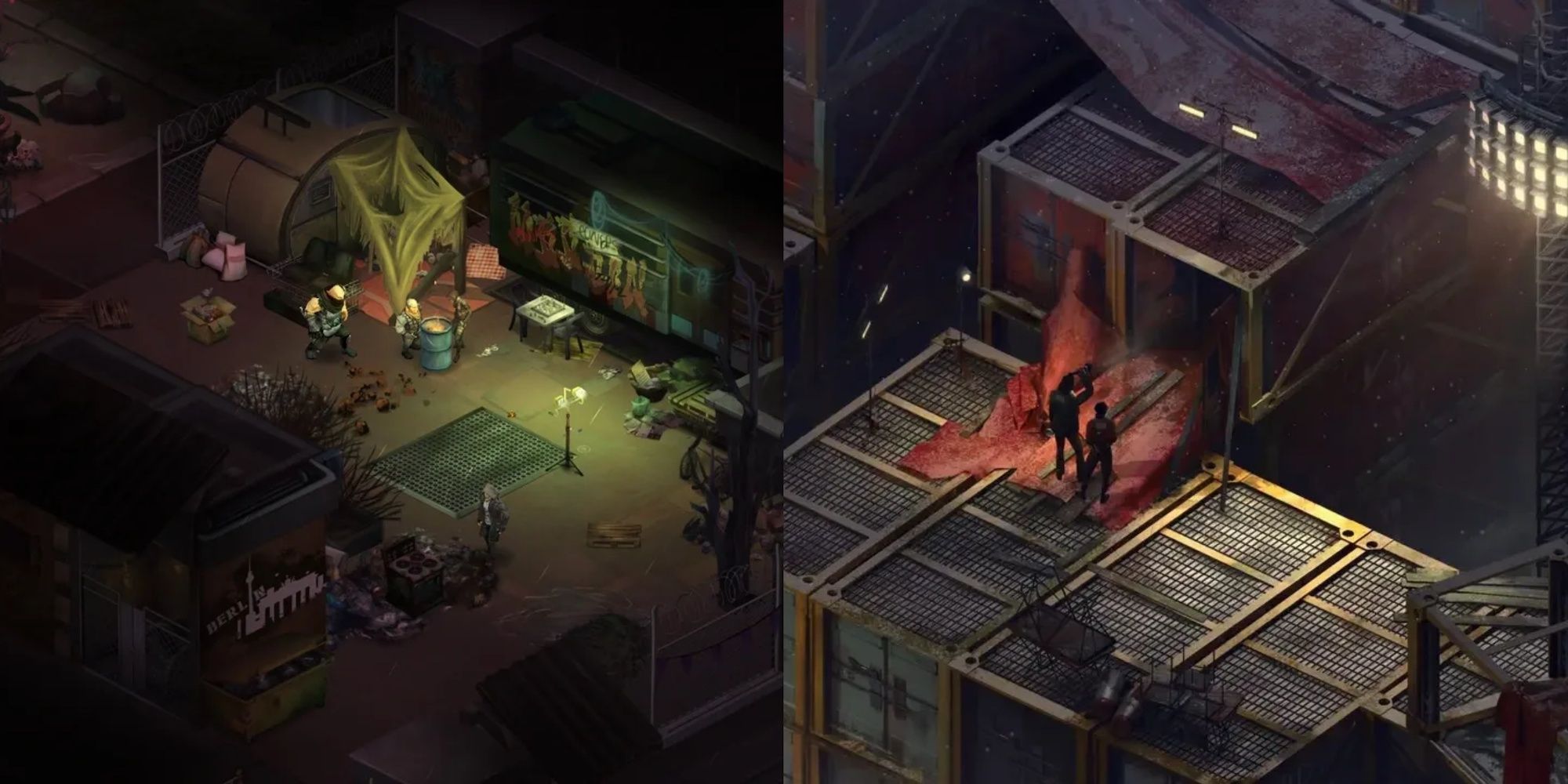
More
7 Best Isometric RPGs For Beginners
Those new to the isometric RPG genre have a great starting point with the following beginner-friendly games, from Diablo 4 to Baldur’s Gate 3.
Source link
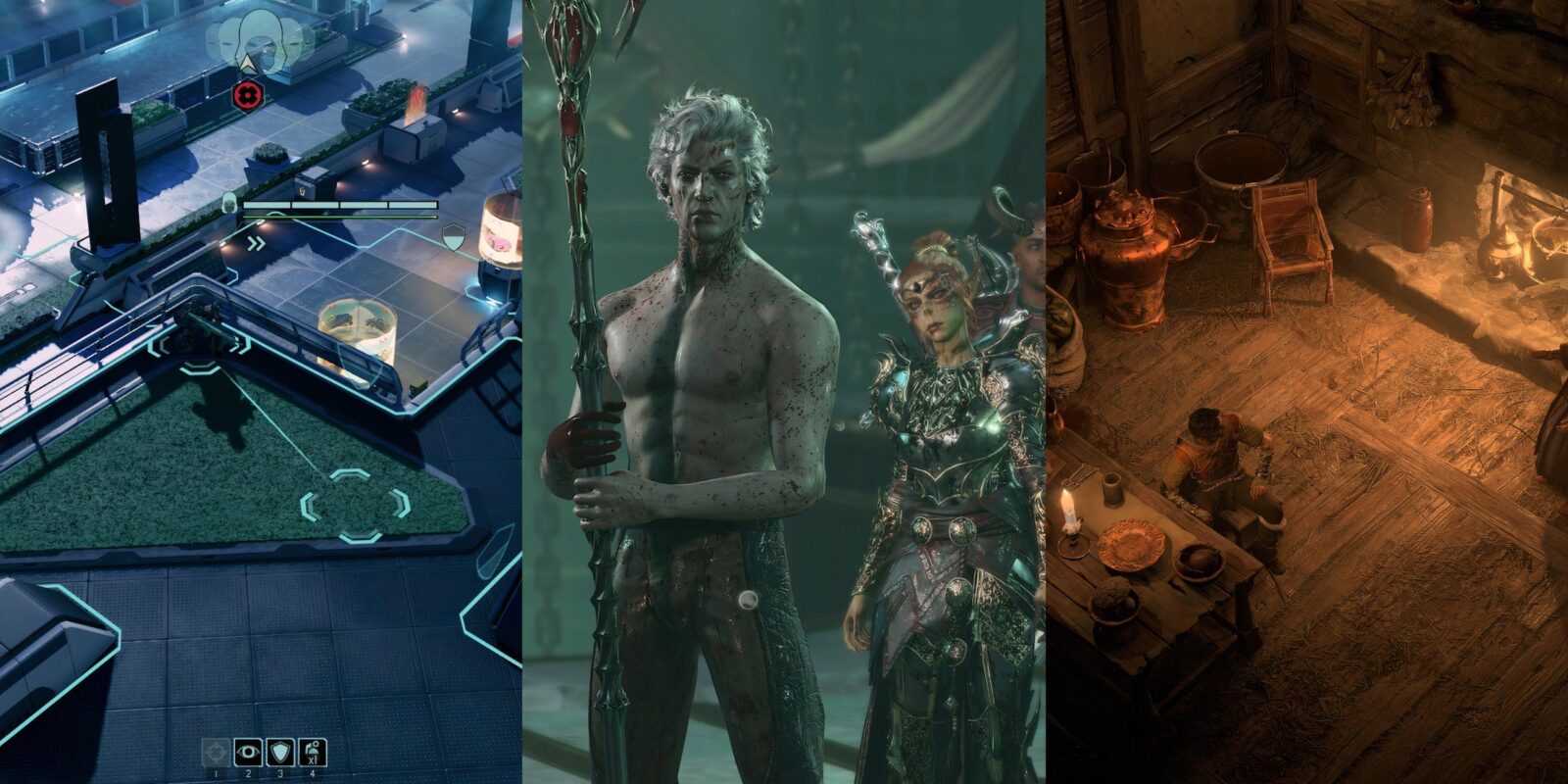

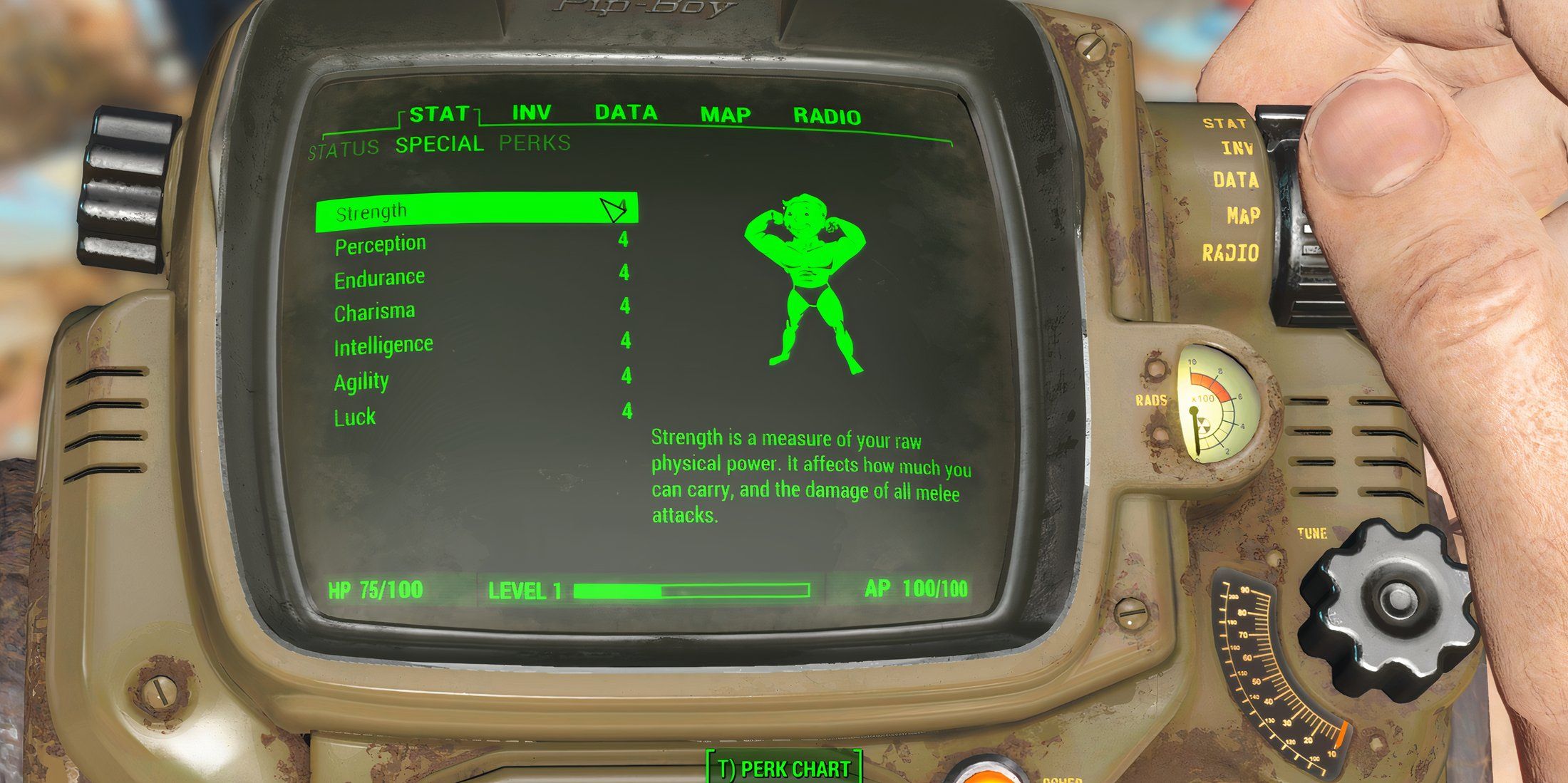
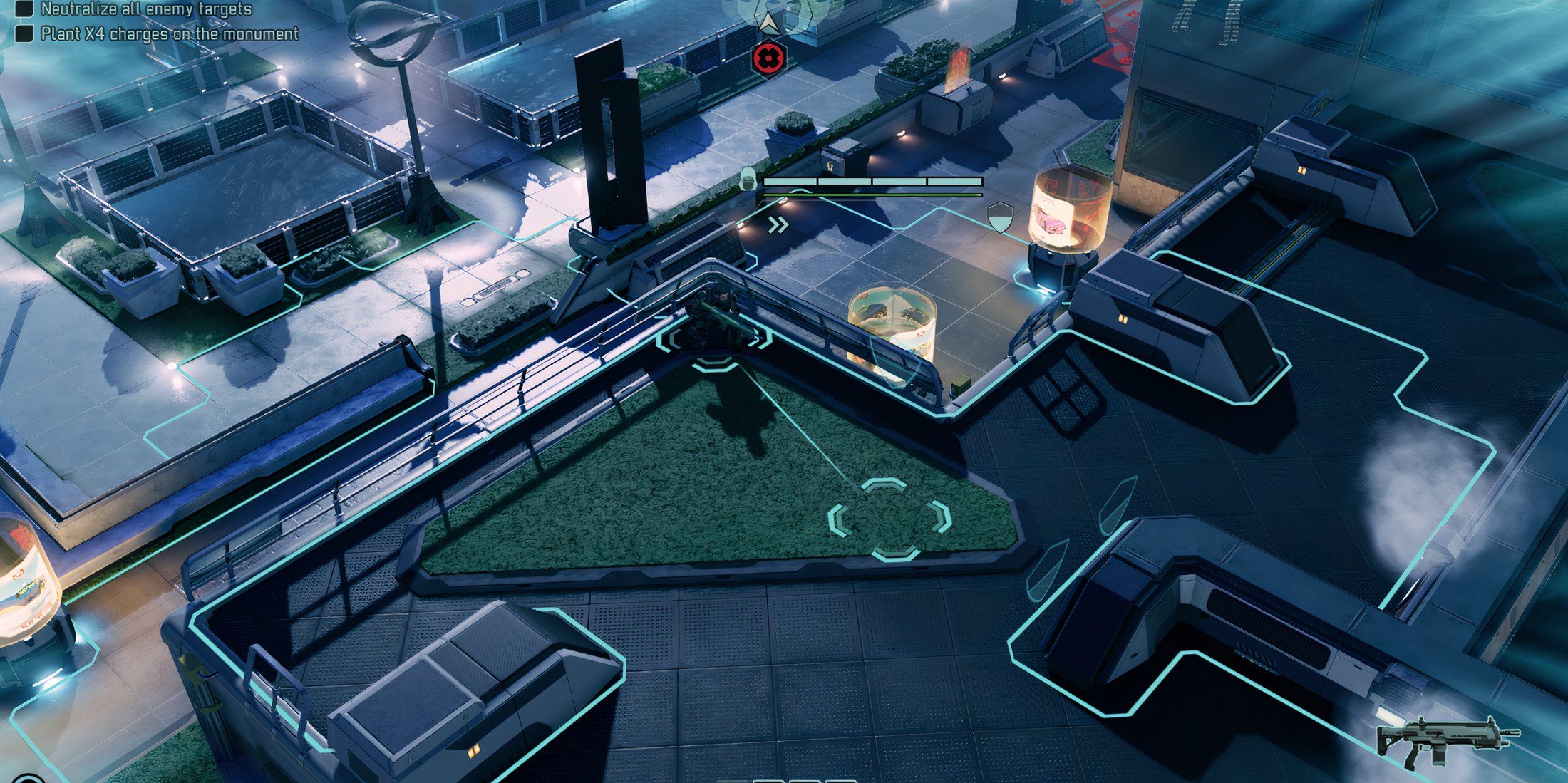
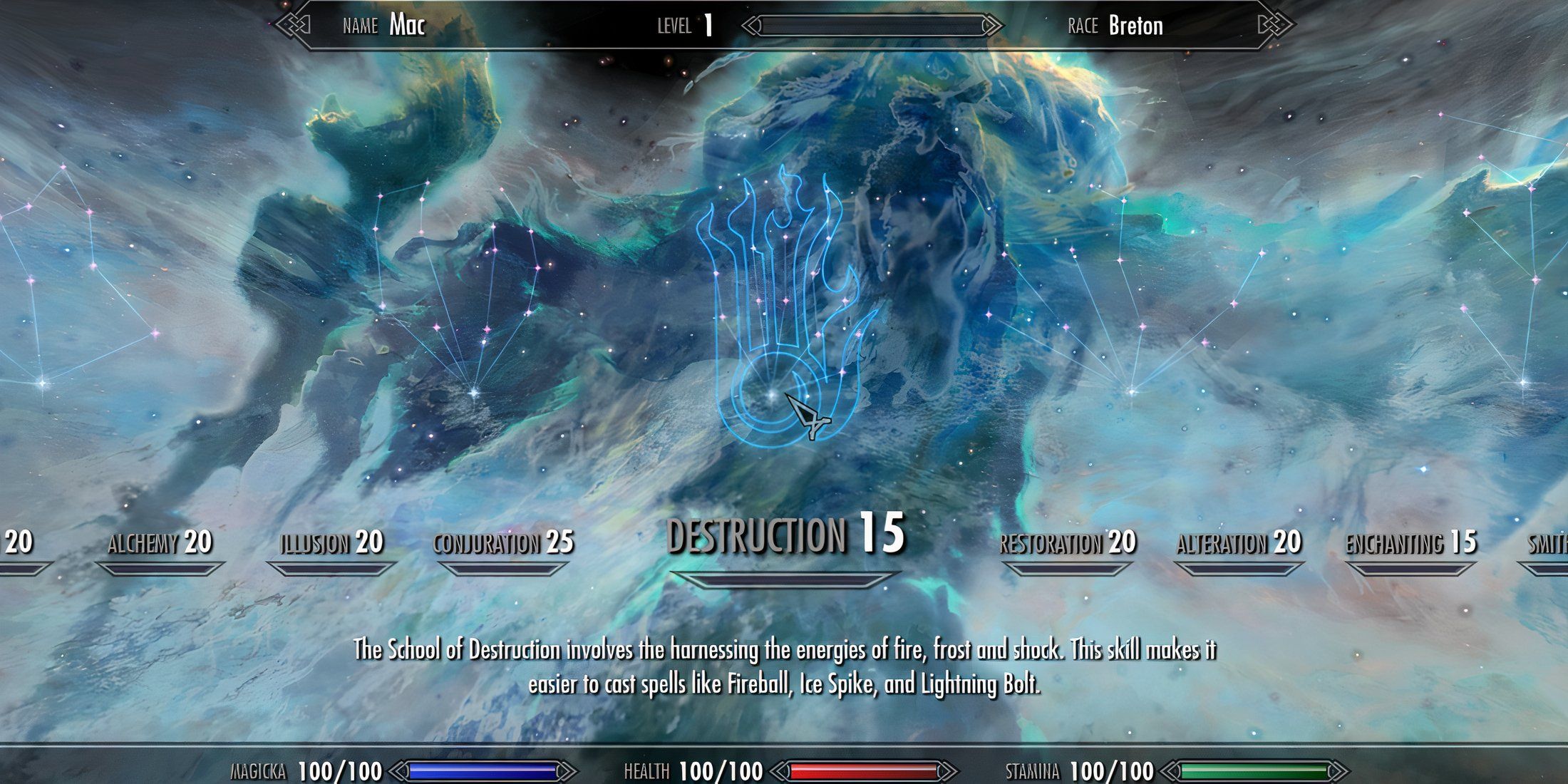
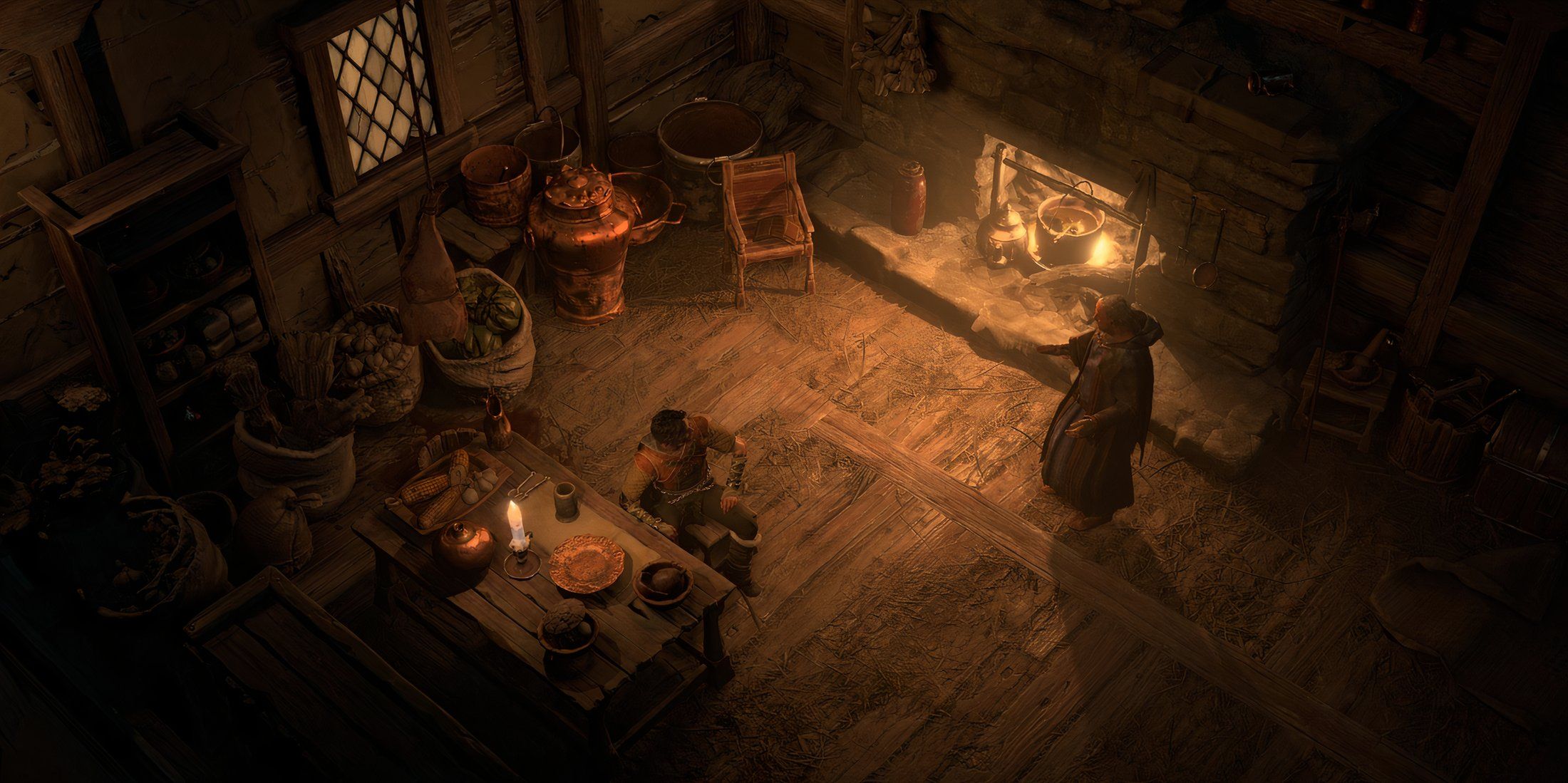
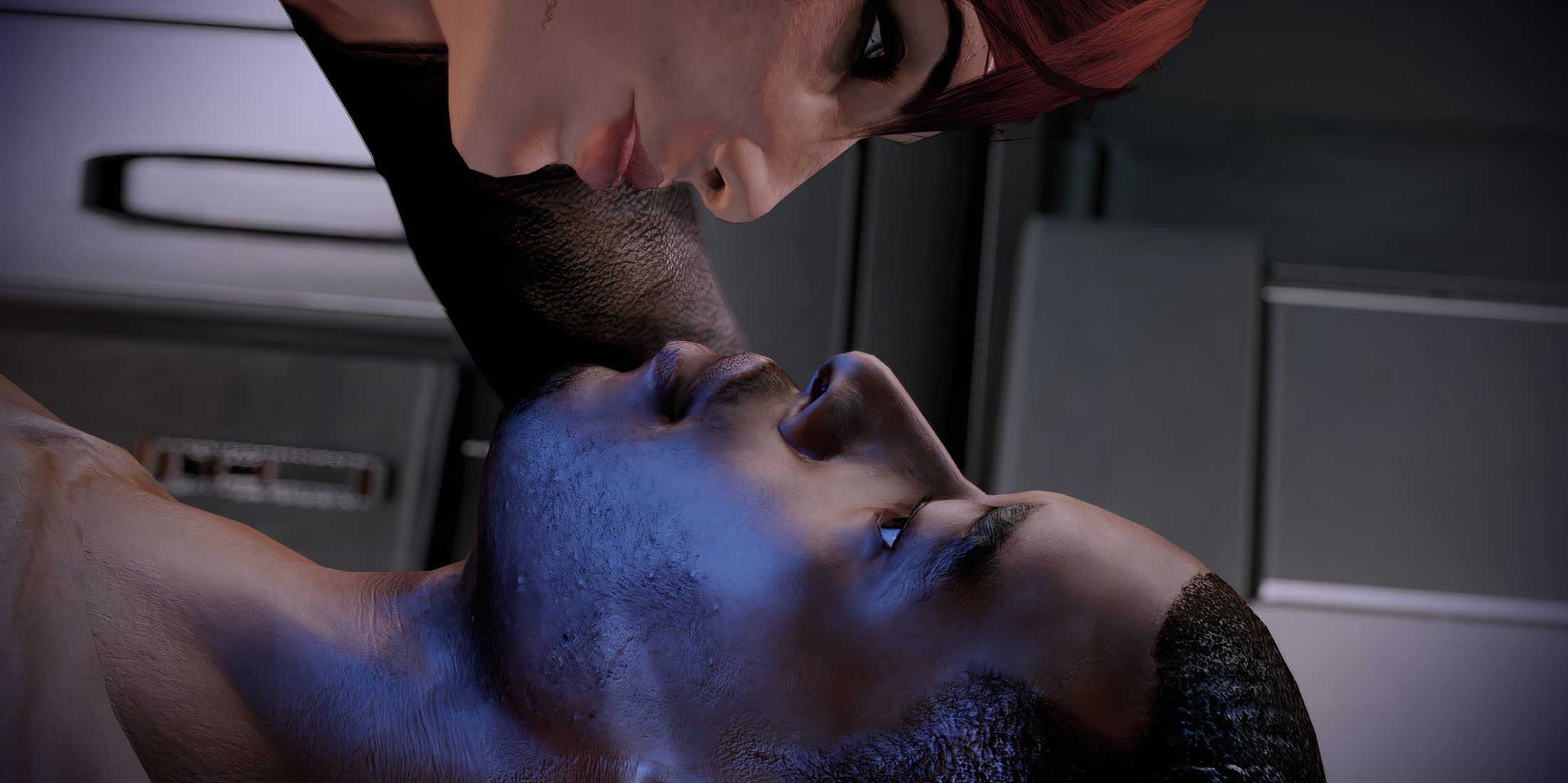
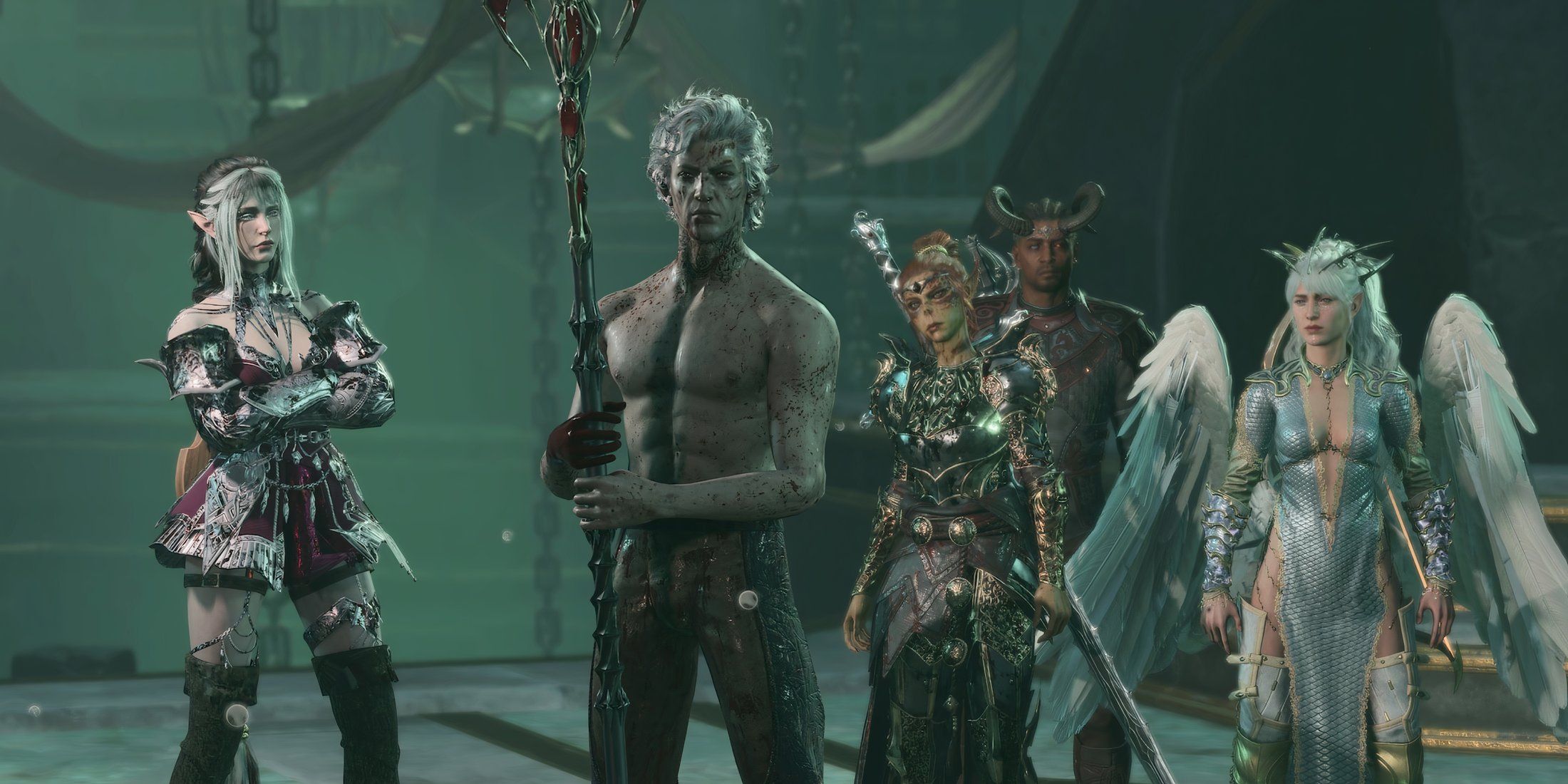
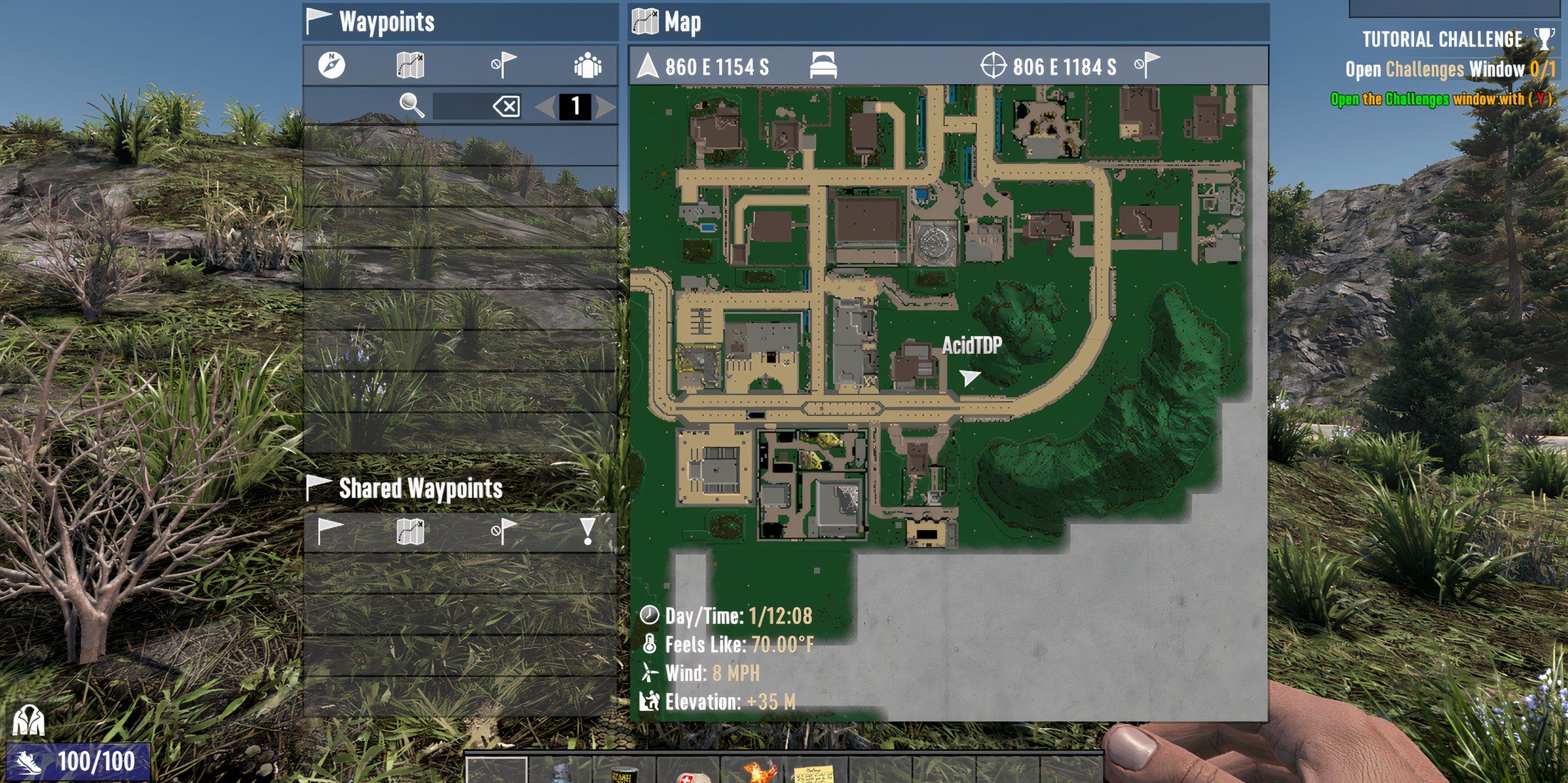
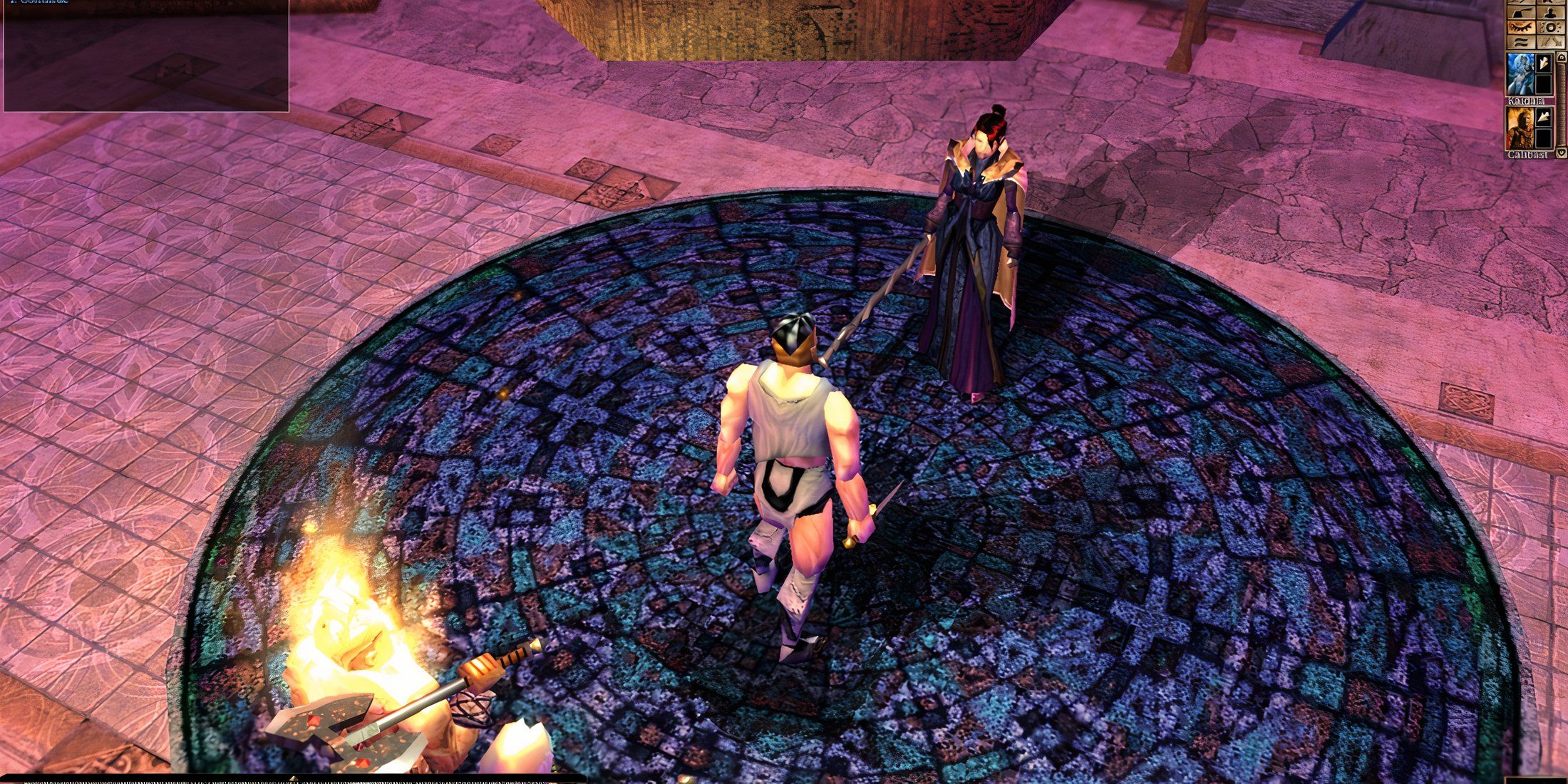









Leave a Reply